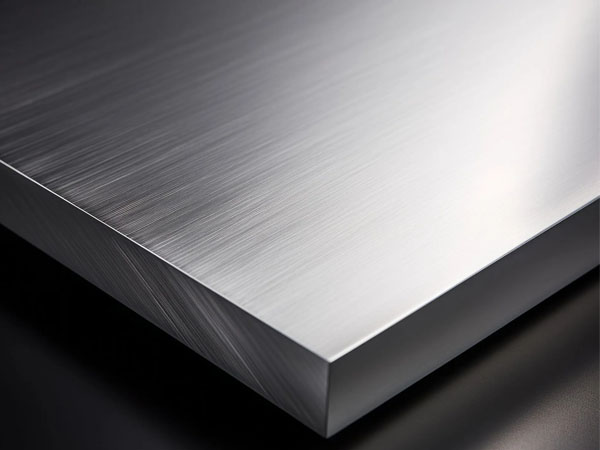
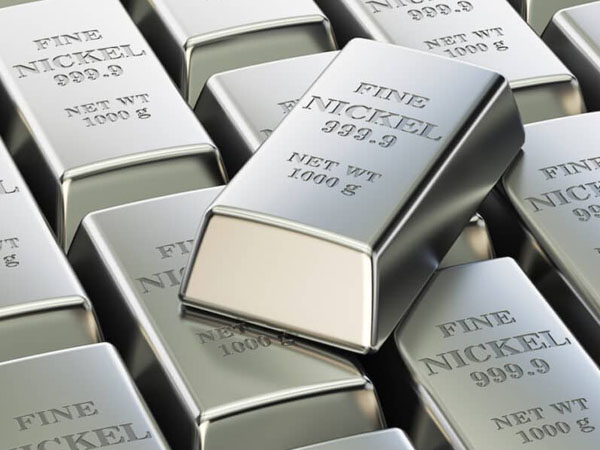
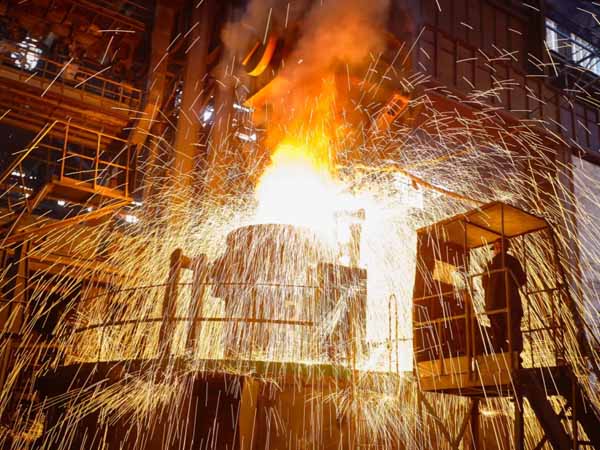
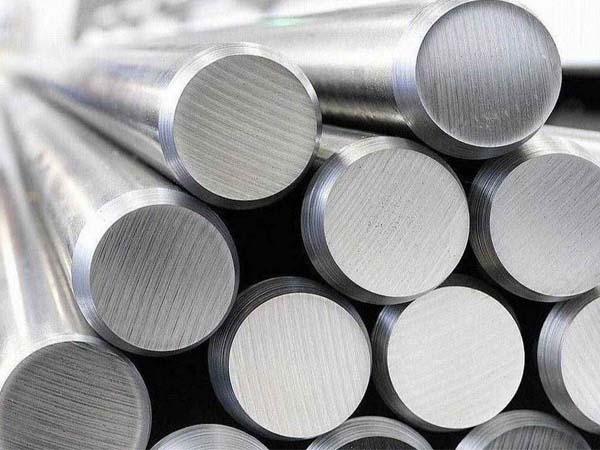
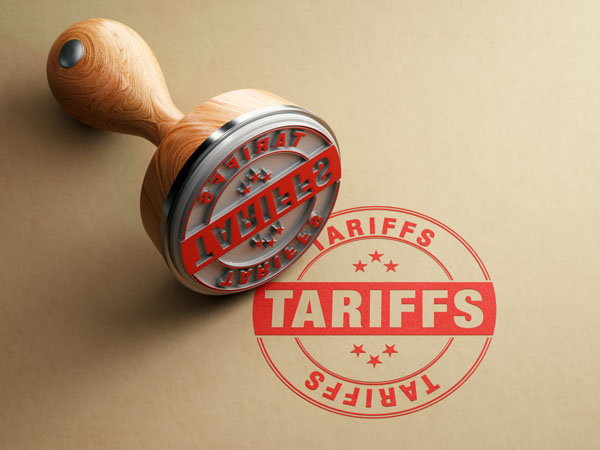

Phone
+86-731-82250427
Address
25th floor, C3 Building, Wanda Plaza, Kaifu District, Changsha, Hunan Province, China.
 May 24 2023
May 24 2023On May 1, the cancellation of export tax rebates for some steel products was officially implemented! The adjustment will appropriately increase the export tariffs of ferrosilicon, ferrochrome, high-purity pig iron and other products. After the adjustment, the export tax rate of 25%, the temporary export tax rate of 20%, and the temporary export tax rate of 15% will be implemented respectively.
The new steel import and export policy orientation has been very clear, showing the country's determination to control production and adjust the structure. Iron and steel companies should adapt to policy changes, actively adjust the export structure, stabilize the export of high value-added, high-tech steel products, and reduce high energy consumption. , The export of high-polluting general steel products; at the same time, strengthen the analysis and judgment of the international steel market demand, optimize the regional structure of exports, and avoid the implementation of the new policy to have a major impact on the company's steel exports and operating benefits.
This adjustment of import and export tariffs will definitely help promote the import of pig iron and reduced iron, billet steel ingots, recycled iron and steel raw materials and ferrochrome. Iron and steel companies should seize the opportunity to actively study the adjustment of imported raw materials structure and explore the construction of overseas primary product processing bases. , Reduce the dependence on overseas iron ore resources through the adjustment of raw material structure, and then stabilize the increase in raw material costs caused by rising iron ore prices. At the same time, it is recommended to make pre-plans to guide the import of primary products in an orderly manner, so as to avoid swarms of imports leading to large fluctuations in domestic market prices, which will have an impact on the steady development of the domestic steel industry.
The adjustment of steel import and export tariffs objectively reflects the country's determination to implement the goal of carbon neutrality in key industries. To help reduce carbon emissions, relevant industries in developed countries such as Europe, the United States, South Korea, Japan, etc. have put forward carbon footprint certification requirements for upstream suppliers. The EU’s upcoming carbon border adjustment mechanism will cover all imported products and commodities covered by the EU’s emissions trading system, which means that carbon tariffs will be imposed on imported products in the future. Regardless of whether it is from the domestic low-carbon development requirements or from the perspective of steel exports, steel companies must strengthen top-level design and actively plan low-carbon development strategies to ensure that they maintain strong domestic and foreign market competitiveness under the background of future low-carbon development.
